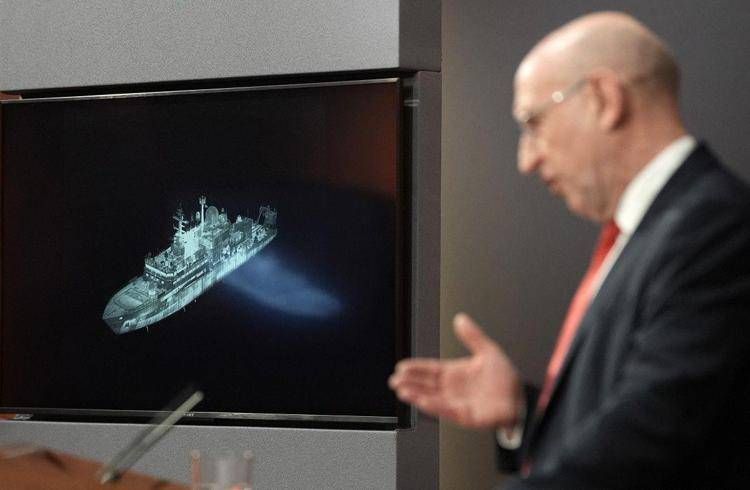
Russian spy ship near UK waters triggers defence alert
UK on high alert as Russian spy ship ‘Yantar’ moves close to Scotland
The presence of the Russian spy ship Yantar just north of Scotland has prompted a new security alert in London, confirmed by Defence Secretary John Healey in a statement delivered from Downing Street. He described the vessel as “designed to collect intelligence and map our undersea cables”, outlining how Royal Navy frigates and RAF aircraft have been deployed to follow every movement.
Healey added that the Yantar “has pointed lasers at our pilots”, a move he labelled extremely dangerous. It marks the second deployment of the vessel to UK waters this year. Directly addressing the Kremlin, Healey stated: “We see you, we know what you are doing, and if the Yantar heads south this week, we will be ready.”
Submarine cables under threat from the Russian spy ship
While Moscow insists Yantar is a scientific research vessel operated by the Main Directorate of Deep-Sea Research, British officials consider it a Russian spy ship suspected of surveying the UK’s critical network of undersea cables. Government sources told the Guardian that its latest actions — including directing lasers at British sailors — amount to “a significant escalation”.
In response, Healey has adjusted the Royal Navy’s rules of engagement so British vessels can shadow Yantar at a far closer range, roughly the length of a football pitch.
A sophisticated vessel built for deep-sea intelligence work
Flying the Russian flag and stretching approximately 34 metres, Yantar carries specialised antennas, surveillance equipment and acts as a mothership for mini-submarines capable of descending to around 20,000 feet — nearly twice the depth of the Titanic wreck. It was previously detected in UK waters in January by a nuclear-powered submarine that surfaced directly beside it.
Many analysts have long argued that Yantar’s true mission has little to do with marine research. Experts quoted by Sky News believe Russia has spent years covertly mapping Western undersea cables, including those with military functions and undisclosed locations. In September, UK MPs and the National Security Strategy Committee criticised the government for being “too timid” in defending this underwater infrastructure.
THE LATEST NEWS
(Photo: © AndKronos)
-

 International-News23 ore ago
International-News23 ore agoUS House passes bill to release all Epstein case files
-

 Flash10 ore ago
Flash10 ore agoPlay-off Mondiali 2026: definito quadro 16 squadre, giovedì sorteggio
-

 International-News7 ore ago
International-News7 ore agoRoyal Family tensions: Charles, William and Camilla in focus
-

 Flash10 ore ago
Flash10 ore agoTelemarketing, stop alle chiamate false con nuovo blocco Agcom














You must be logged in to post a comment Login